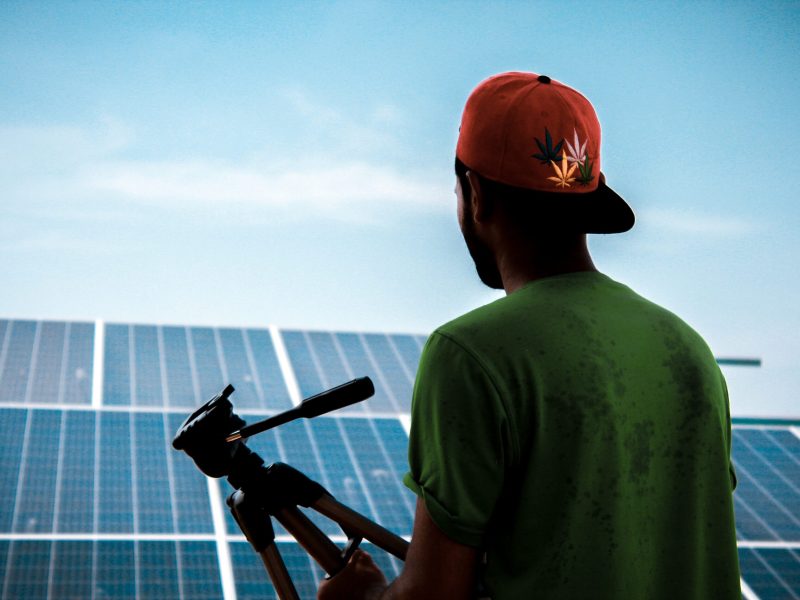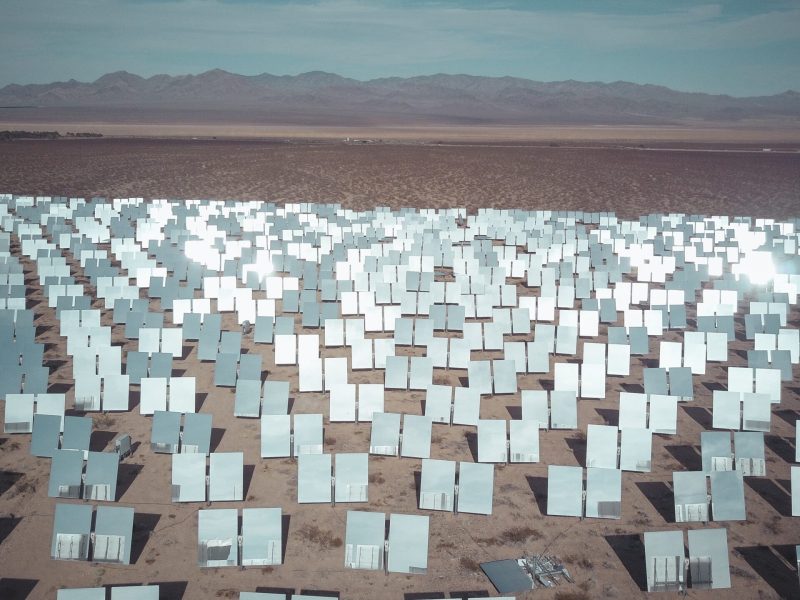Solar energy is becoming increasingly popular as a clean and renewable source of energy.
several government
There are several government incentives available to help offset the cost of installing solar panels. The federal government offers a tax credit of 26% for residential solar panel systems, which can greatly reduce the overall cost of the project. Additionally, many states offer their own incentives, including rebates and tax credits, which can further reduce the cost of the installation.

Investment
Ultimately, the decision of whether or not to install solar panels comes down to whether the investment is worth it. For homeowners who plan to stay in their homes for several years, the cost of the installation can be easily recouped through reduced energy costs and increased property value. Additionally, the environmental benefits of using renewable energy can provide a sense of satisfaction that is difficult to quantify.
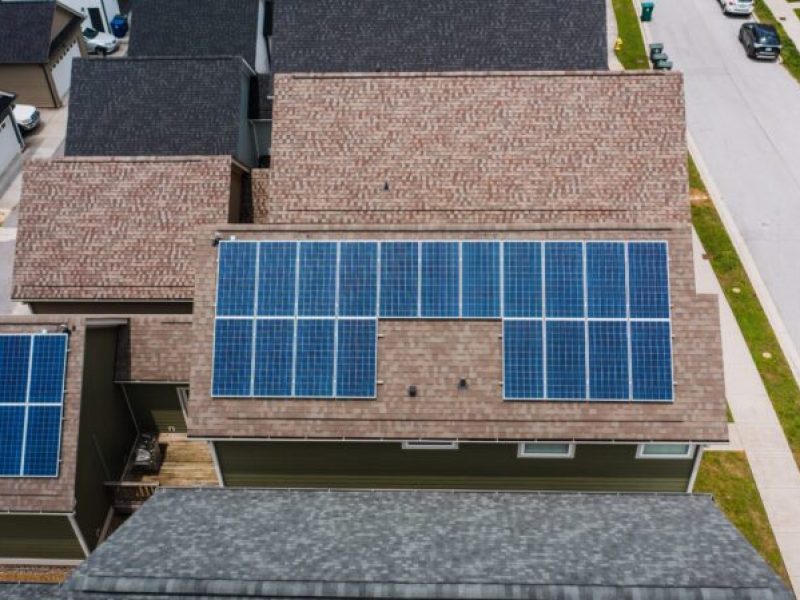
energy costs
By reducing energy costs, increasing property value, and reducing their carbon footprint, homeowners can enjoy long-term savings and a more sustainable future. Before making a decision, it is important to carefully consider the cost, the benefits, and the available incentives.
Energy Efficiency:
- Solar roofs are designed to generate electricity by harnessing the energy from the sun. This energy can be used to power your home, reducing your monthly energy bills.
- Environmental Benefits: By generating electricity from a renewable source, solar roofs can reduce your carbon footprint and contribute to a more sustainable future.
- Increased Property Value: Solar roofs can increase the value of your property, making them a wise investment for homeowners.
- Minimal Maintenance Requirements: Traditional roofs require little maintenance, making them a low-maintenance option for homeowners.
- Wide Availability: Traditional roofs can be installed on any type of home, regardless of its location or exposure to sunlight.
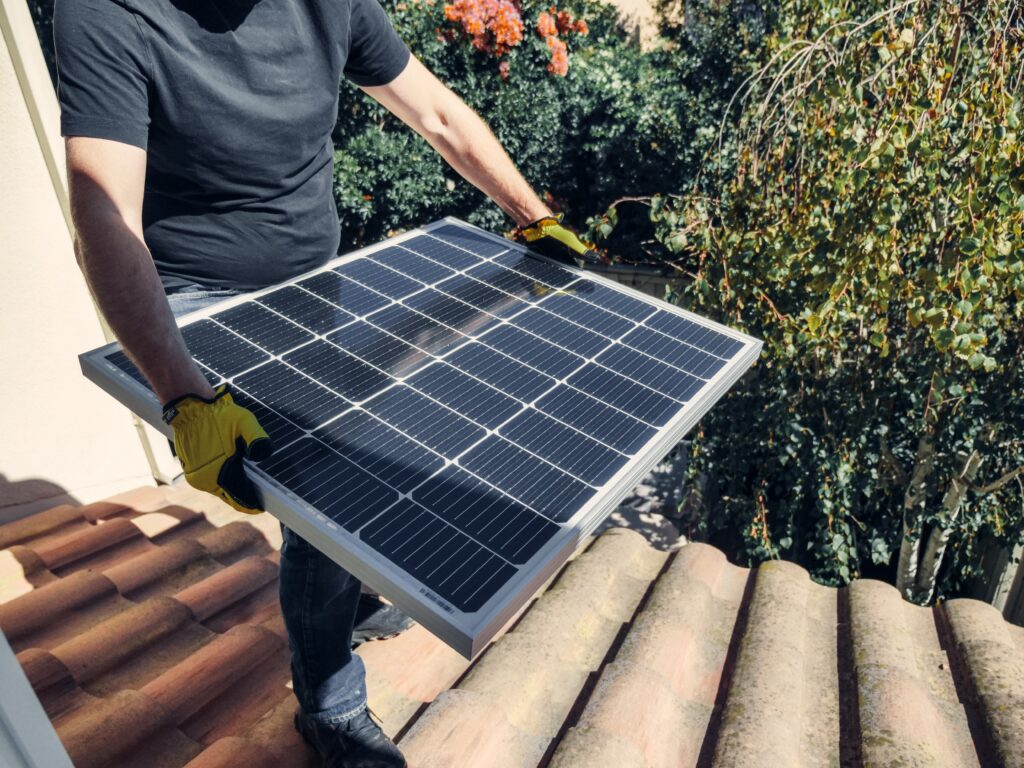
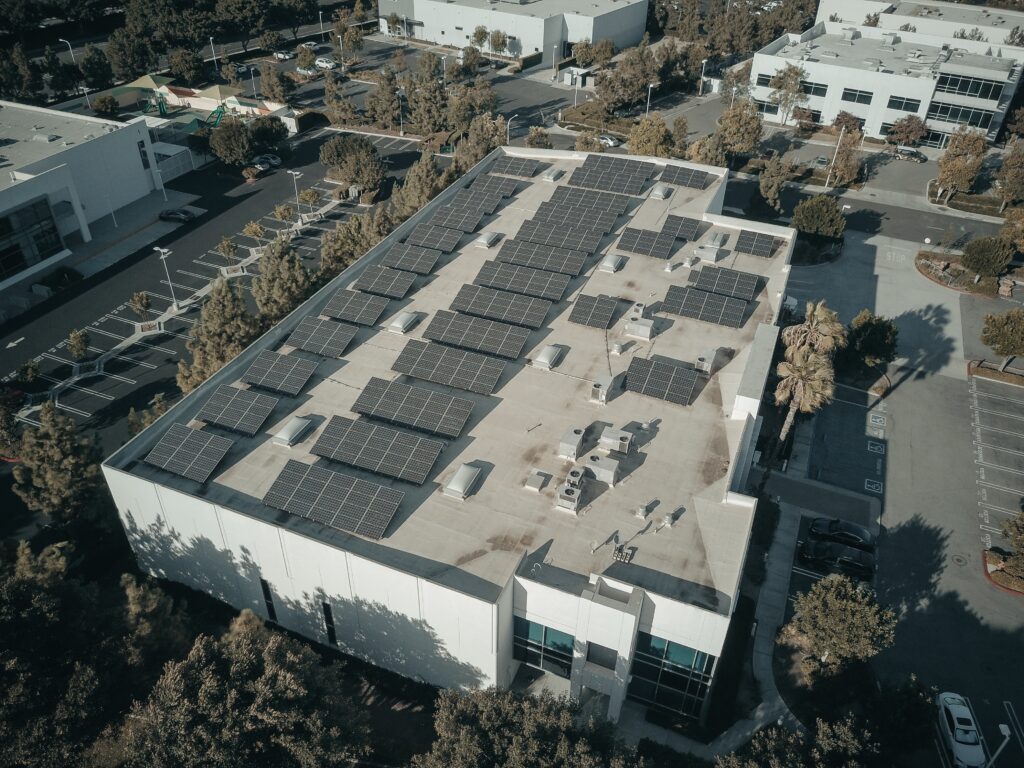
High Initial Cost:
- Solar roofs can be expensive to install, and may not be a practical option for homeowners on a tight budget.
- Maintenance Requirements: Solar roofs require regular maintenance to ensure that they are functioning at optimal efficiency.
- Limited Availability: Not all homes are suitable for solar roofs, as they require a certain level of sunlight exposure to generate electricity.Traditional roofs are much less expensive to install than solar roofs, making them a more affordable option for many homeowners.
Grid Energy
- Dependence on Grid Energy: Traditional roofs do not generate electricity, meaning that homeowners must rely on the grid for their energy needs.
- Increased Energy Bills: Dependence on grid energy can lead to higher monthly energy bills, making traditional roofs a more expensive option in the long run.
- Reduced Property Value: Traditional roofs do not offer the same benefits as solar roofs, such as increased property value and environmental benefits.

